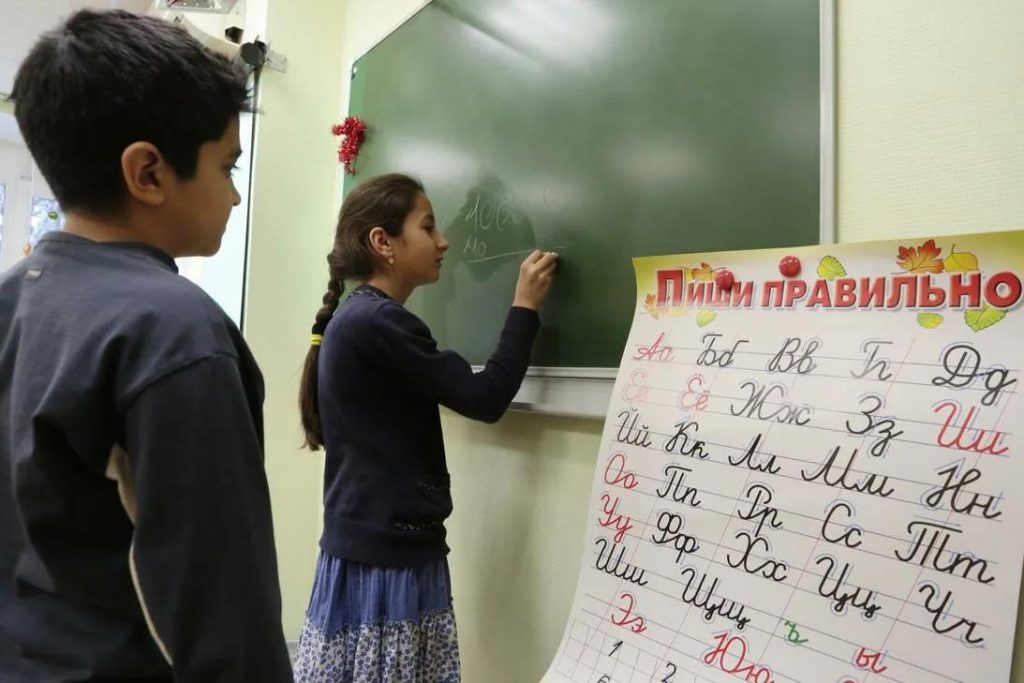Russia is preparing to launch a new system that will monitor the school records of migrant children in a bid to improve education access and integration. This initiative, led by the Interior Ministry, will require education departments across Russia to report information about migrant students directly to government officials.
A new bill, already supported by the government’s legislative commission, will change federal laws related to foreign citizens and migration rules. Once passed, regional education authorities must send regular updates to the Interior Ministry. These updates will include data like school enrollment, test scores in Russian language, expulsions, and even applications made by parents seeking school placements for their children.
The data to be collected will cover full names, birth dates, parent information, ID numbers, addresses, and social insurance numbers. In return, the Interior Ministry will inform schools about the legal status of each child’s migration records.
Officials claim that the goal is to make sure all migrant children are attending school and adjusting well to Russian society. The Interior Ministry says the program will help locate children who may have dropped out or never enrolled, giving them a better chance to access education.
The system upgrade needed to process all this new data is expected to cost 125 million rubles. Supporters like Vladimir Gruzdev from the Russian Lawyers Association believe it will strengthen both education and migration policy, especially for children who may be affected by their parents’ migration status.
Gruzdev noted that many children suffer because their parents fail to register them in schools properly. The new system, he believes, will prevent future cases of school dropouts or expulsions, helping children settle in and succeed in Russian classrooms.
Since April 1, all migrant children enrolling in schools must take a Russian language test. Those entering first grade are tested using images to check basic listening and speaking skills. Older children, such as those entering second grade and beyond, must show reading and writing abilities.
Children who do not pass the test can take it again after three months and will be allowed to attend free Russian language lessons in the meantime. The passing score has been set at a minimum of “satisfactory,” or level three.

